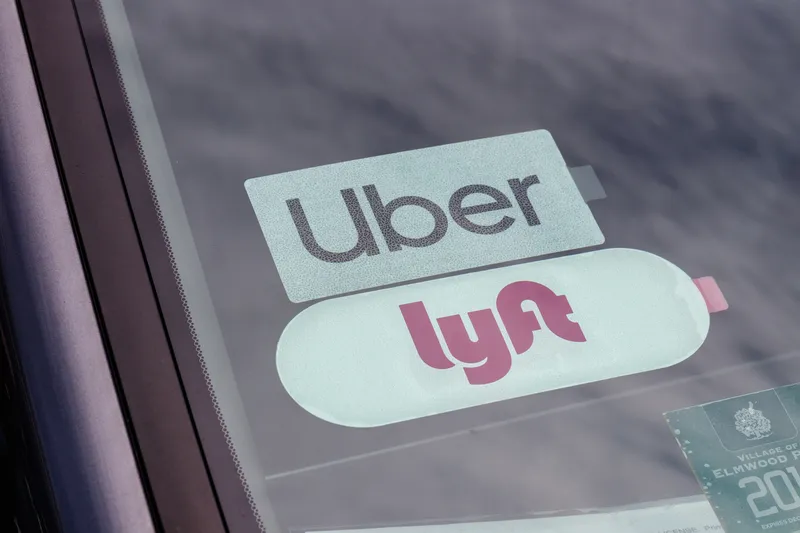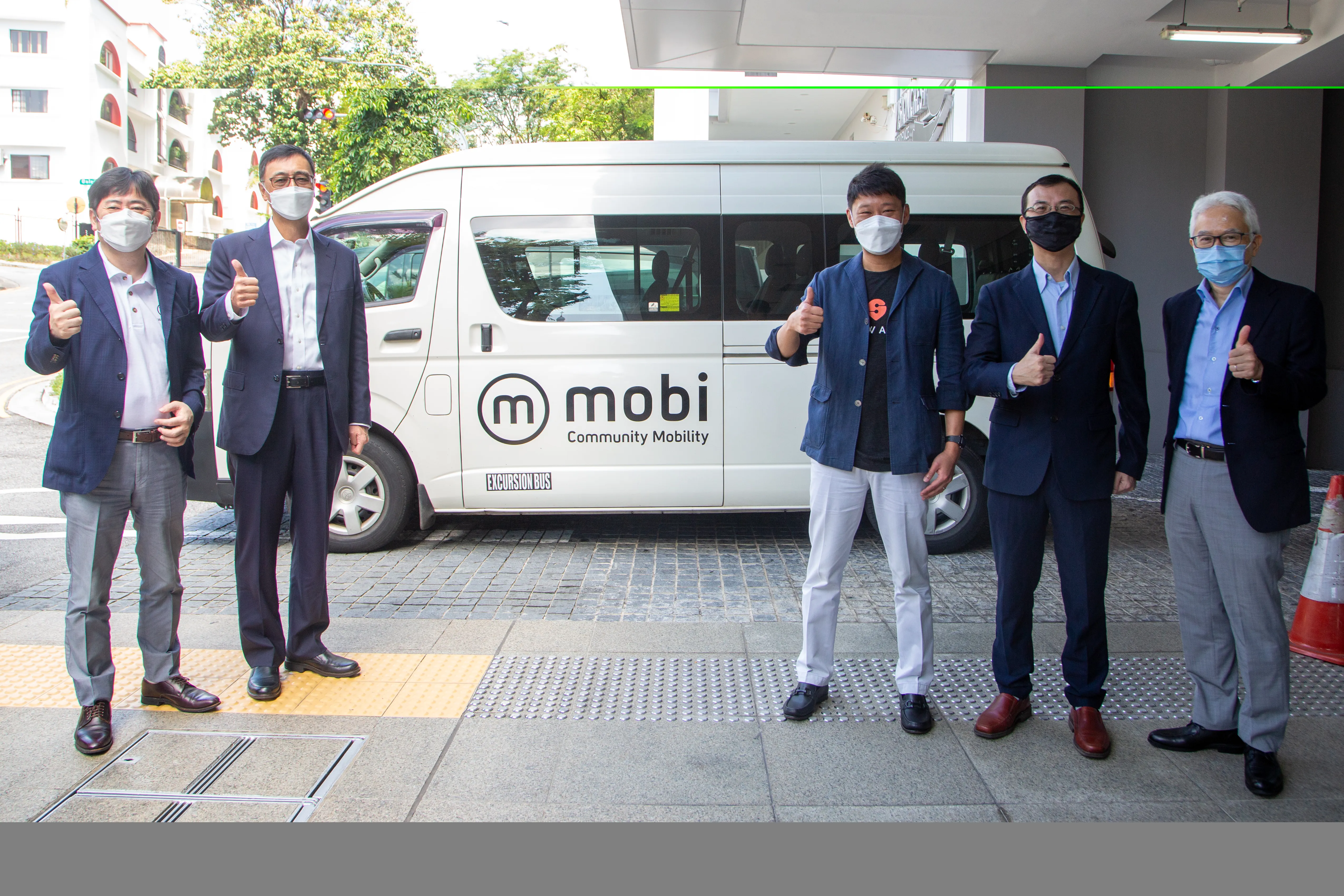Wini Technologies has launched Winicabs, an automated dispatch software which it says unites taxis under one app in the city of Columbus, Ohio.
Beyene Gola, president of the Independent Taxicab Association of Columbus, says: "Taxi companies have historically been spread across the city with no easy way to connect.”
Wini Technologies, an Irish technology start-up, says riders can hail the closest driver, track their rides, book trips in advance and pay fares through the app, money or credit card.
Riders
September 11, 2019
Read time: 1 min
Wini Technologies has launched Winicabs, an automated dispatch software which it says unites taxis under one app in the city of Columbus, Ohio.
Beyene Gola, president of the Independent Taxicab Association of Columbus, says: "Taxi companies have historically been spread across the city with no easy way to connect.”
Wini Technologies, an Irish technology start-up, says riders can hail the closest driver, track their rides, book trips in advance and pay fares through the app, money or credit card.
Riders who download the WiniCabs app will receive 20% off regular taxi prices. It will also offer specialised transportation services for families, students, hotels and local businesses within Central Ohio.










